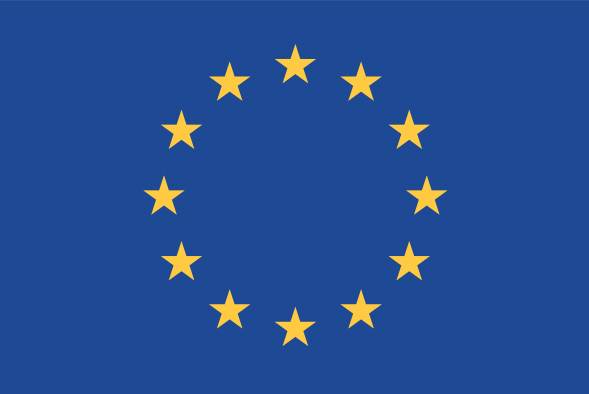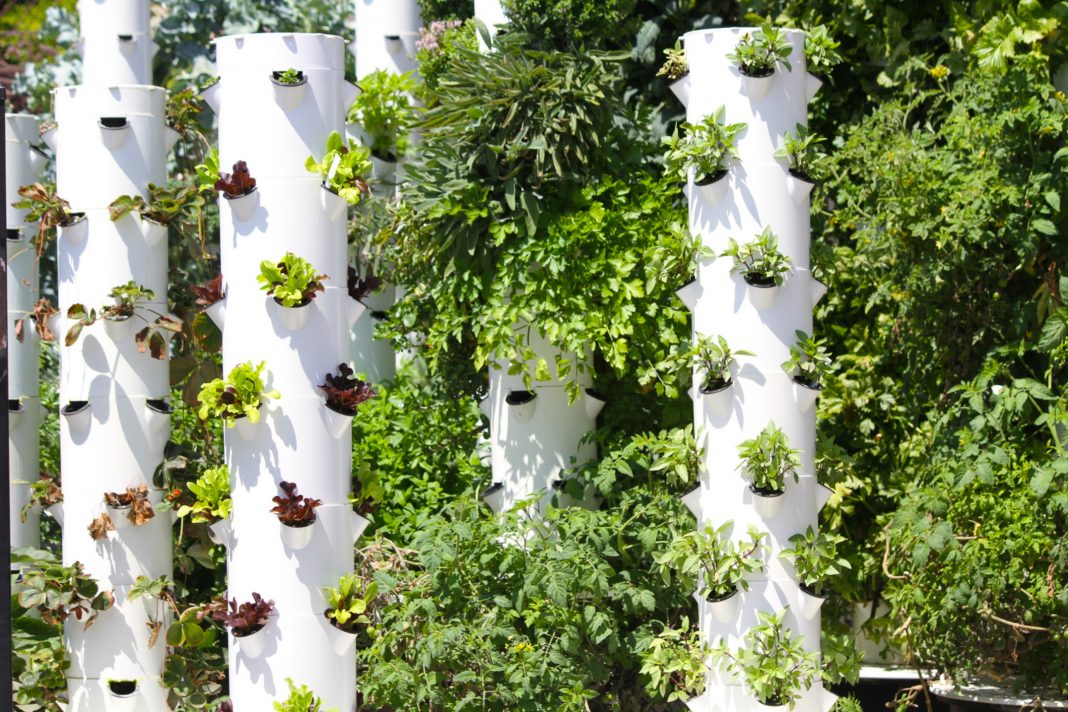Professor Moya Kneafsey at the Centre for Agroecology, Water and Resilience argues the importance of EU and national public policies in the transition toward sustainable territorial food systems
The crisis in food systems is intensifying. The war in Ukraine, hot on the heels of the COVID-19 pandemic, has exposed vulnerabilities in globalised food supply chains. Europe’s energy price crisis will contribute to rising global food prices and in addition to this, the damaging effects of climate change are being felt by farmers all around the world.
The idea of territorial food systems has developed as an alternative to the globalised, energy-intensive food systems which have benefited from the EU’s Common Agricultural Policy for many years. These industrialized systems have degraded soil health, biodiversity and water quality, and rarely delivered fair livelihoods for farmers and small food businesses. In contrast, territorial food systems operate at a scale at which it is possible to coordinate multiple actors in order to improve public health, regenerate environmental resources and deliver fair incomes for farmers and food workers as well as quality food for consumers.
What are Territorial food systems?
Territorial food systems are characterised by shortened food chains, sustainable public sector food procurement, and inclusive democratic governance models. They offer a vital route to market for small-scale farmers and food producers who are often in a weak position in supply chains due to a lack of bargaining power and barriers to accessing markets. Throughout Europe, small-scale farmers have been disappearing.
Whilst examples of territorial food systems can be found around the world, their potential for achieving more sustainable and equitable outcomes is only now being recognised. In the European Union there are many experiences and projects to learn from, but there is much work to do to coordinate strategy and develop good practices. This is where the Horizon 2020 funded COACH project steps in.
What is the COACH project?
The COACH project aims to facilitate collaboration between farmers, consumers, local governments and other actors to ‘scale up’ short agri-food chains which rebalance farmers’ position, create win-wins for producers and consumers and drive innovation in territorial food systems.
The project recognizes that collaboration between farmers, citizens, local government and others is vital to enable small-scale farmers to thrive. Collaboration means working towards common goals and sharing resources. Whilst that might sound obvious, achieving effective collaboration is not always straightforward. It requires time and energy to build trust and understanding between different actors in the food system. Urban policymakers and consumers might not always understand the needs of small-scale farmers, and vice-versa. Also, when it comes to deciding on common goals, it is often easy for less powerful actors and groups to be excluded.
With all this in mind, the COACH project is sharing knowledge and ideas for ways to improve collaboration, as well as practical innovations that can help small-scale farmers to access markets via short food chains. The project is organizing multi-actor dialogues, and training events and has launched a coaching and mentoring programme.
It will produce roadmaps, policy recommendations, learning materials and toolkits designed for different audiences. For example, our Farm-to-fork toolkit will help city procurement officials develop contracts which deliver on their sustainable procurement targets and also enable small-scale farmers to enter the market.
Collaborative short food chains
The impact of these activities will be amplified through an innovative Communications, Learning and Innovation Platform. This platform is already home to a ‘Living Library’ where you will find over 30 examples of collaborative short food chains. The aim of the library is not only to highlight the success of these initiatives but also to illustrate the challenges they face.

For example, Adamah Biohof is an Austrian farm that grows organic fruits and vegetables and buys and sells products from around 200 organic farmers and suppliers through its online store and delivery service. The business employs around 100 people and enables smaller producers who lack retail facilities to reach the market.
Through efficient logistics solutions, their weekly delivery ‘baskets’ are CO2 neutral, but they face considerable competition and have to stay at the cutting edge of technology if they are to retain their market share and stick to their driving environmental principles. Another example is Gran Prato in Italy, where farmers, millers, bakeries, universities and public entities have been working together to create a localised ‘zero km’ grain supply chain, with the aim of achieving a fair price distribution among all the actors at the different steps of the value chain.
The project supports local agriculture by enhancing the value of products made in the area, especially the ‘bozza pratese’, a traditional local bread, but has struggled to expand into supplying local schools mainly due to the strict standards and regulations compliance required by catering companies.
As the European Union develops its legislative framework for sustainable food systems, policies to support the growth of territorial food systems are more important than ever. The COACH project provides examples of how such systems can help us to move towards a real transition to agroecological farming and food chains that produce healthy food, adapt to climate change and other shocks and support vibrant and dynamic rural areas.


This work is licensed under Creative Commons Attribution-NonCommercial-NoDerivatives 4.0 International.


